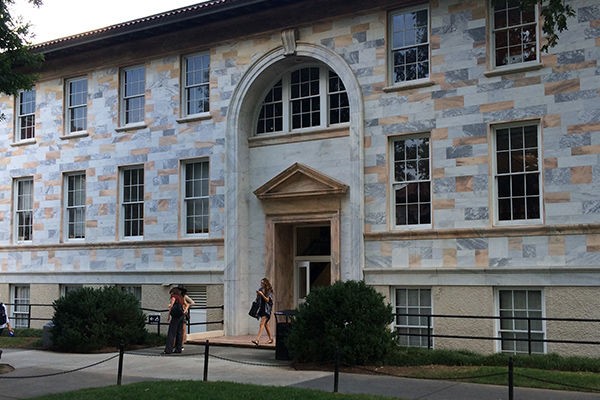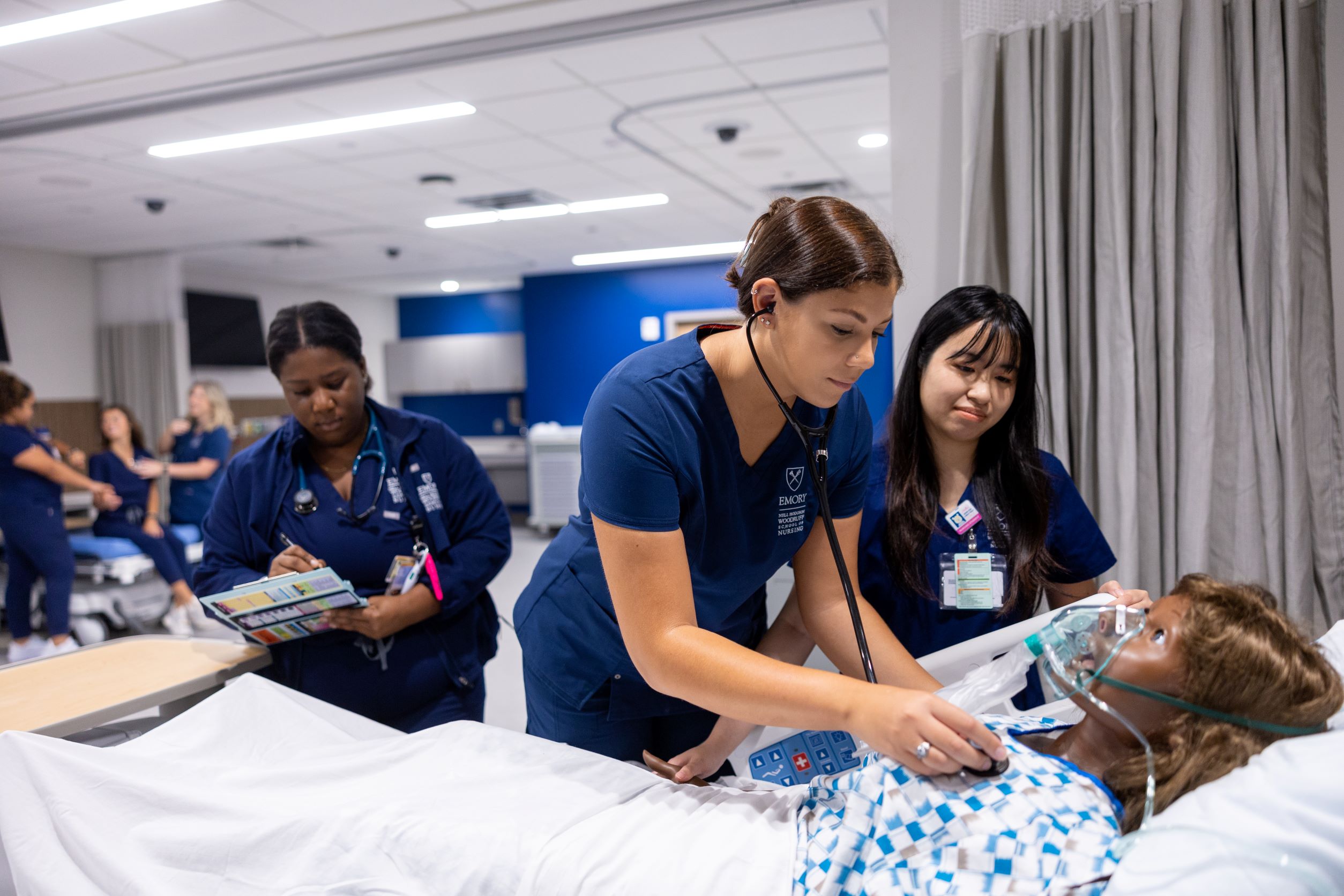There are so many opportunities at Emory University if you want to pursue a career…
Undergrad and Beyond: Planning for What Lies Ahead

As a prospective or an admitted student, your biggest academic concern right now is simply getting to your intended undergraduate institution. Why, you might ask, should I even be thinking about graduate school when I have not even begun the undergraduate component of my education? I would like to briefly paraphrase the professor of one of my most difficult theoretical courses at Emory who told our class as we struggled through metaphysical reading assignments, “This class is your chance to build a toolkit and then fill your toolbox.” She did not expect us to fall in love with every theory or methodology within her course, but she intended us to acquire knowledge, skills, and even essays that would be useful to our specific goals in the future. In considering your undergraduate education, I think it is wise to apply the same metaphor. As you apply to schools, you should not simply be thinking about what school and what resources fit you best in the present moment but about who you might want to grow into and how a school might help you to do so. If, like me, when you think about the life you would like to have four years from now, you imagine graduate school in your future, it is important to consider how your undergraduate institution will provide you with the toolkit to get there.

Tools to Consider: Institution-Specific Programs and Resources
Through an accelerated master’s program offered by Emory, I am able to simultaneously complete my bachelor’s degree and begin my graduate work while still an undergraduate student. After earning my bachelor’s this Spring, I will enroll as a full-time student in Emory University’s Laney Graduate School and earn my master’s degree in Spring 2019. This program allows me to earn my master’s degree more quickly and in a more cost-effective manner while taking advantage of ongoing relationships with faculty advisors and of the institution’s resources. I additionally am able to work extensively with doctoral students and familiarize myself with the graduate admission’s process within a comfortable setting. Knowing as a high school senior that I might want to go to graduate school and then researching the schools I considered applying familiarized me with this program before I even set foot on campus as an admitted student. While not all colleges or universities have programs like this one, it is important to look into whether opportunities like this one may be available.
Similarly, you may wish to consider the research or internship programs available through the colleges and universities. Both research and internships programs are opportunities not only to test out a particular field, but to potentially start a project that may eventually culminate in a thesis or a dissertation. As you apply to graduate school, a familiarity with research practices within your field and an affiliation with a respected scholar will be definite advantages. As you apply to schools, look into their websites for evidence of opportunities to conduct undergraduate research with a faculty member or the option to earn class credit, for example, by participating in an internship.
Consider, as well, the mentorship you might acquire at an undergraduate institution. I cannot stress how pivotal faculty mentors have been in my decision to go to graduate school. While family members and friends can provide the emotional support in pursuing graduate school, unless they have attended a graduate school themselves, they may be unable to help you with the nuts and bolts of the process. Not only have your professors successfully survived graduate school, they also may sit on graduate admission committees. They know not only how to navigate higher education but the application process as well and they have chosen to be professors, rather than just researchers, because they are passionate about helping you achieve success. To ascertain the caliber to which mentorship opportunities are available at schools in question, I encourage you to reach out to current students, either while visiting in person or contacting an admission’s representative to ask if there are any students who would be willing to speak to you.

“You”-tilizing Your Toolkit: Preparation on Your Part
Regardless of the undergraduate institution you attend, through hard work, graduate school is always a possibility. While the various resources provided by different universities can assist you through the process, the journey to graduate school still requires a great deal of effort on your part.
The best way to begin preparing for graduate school is to continue to be a phenomenal student. For the most part, this means employing the tools which I have previously mentioned. Challenge yourself in your coursework, be active and engaged in your classes and continue your education outside the classroom. Look into all the possible opportunities your institution provides in relation to your fields of interest (and make sure you complete applications in a timely fashion!) Take advantage of the research opportunities available to you, either by assisting someone else in their work or pioneering your own. Visit your professors, early and often, during office hours because they can become your most passionate advocates as well as some of the people you will miss most when you graduate.
Finally, remember to have fun with it. Pursue graduate school, not because it is an endeavor necessary to a specific career, but because you love to learn. In your toolbox, between your faculty mentors and your research experience, keep your passion and use it often.
 Katherine Dautrich 18C 19G
Katherine Dautrich 18C 19G
Wayne, PA
English
Don’t hesitate to connect with us by posting a comment to this blog, tweeting us @emoryadmission, or emailing us at admission@emory.edu. We look forward to hearing from you!



This Post Has 0 Comments